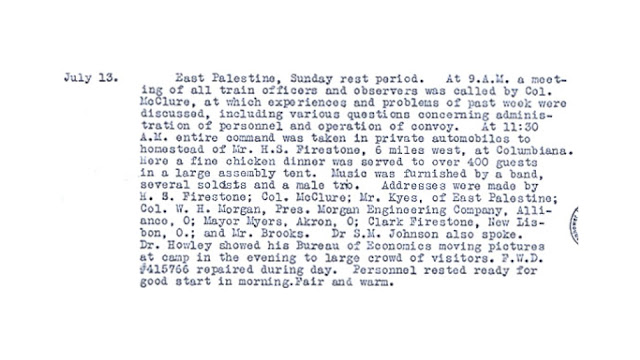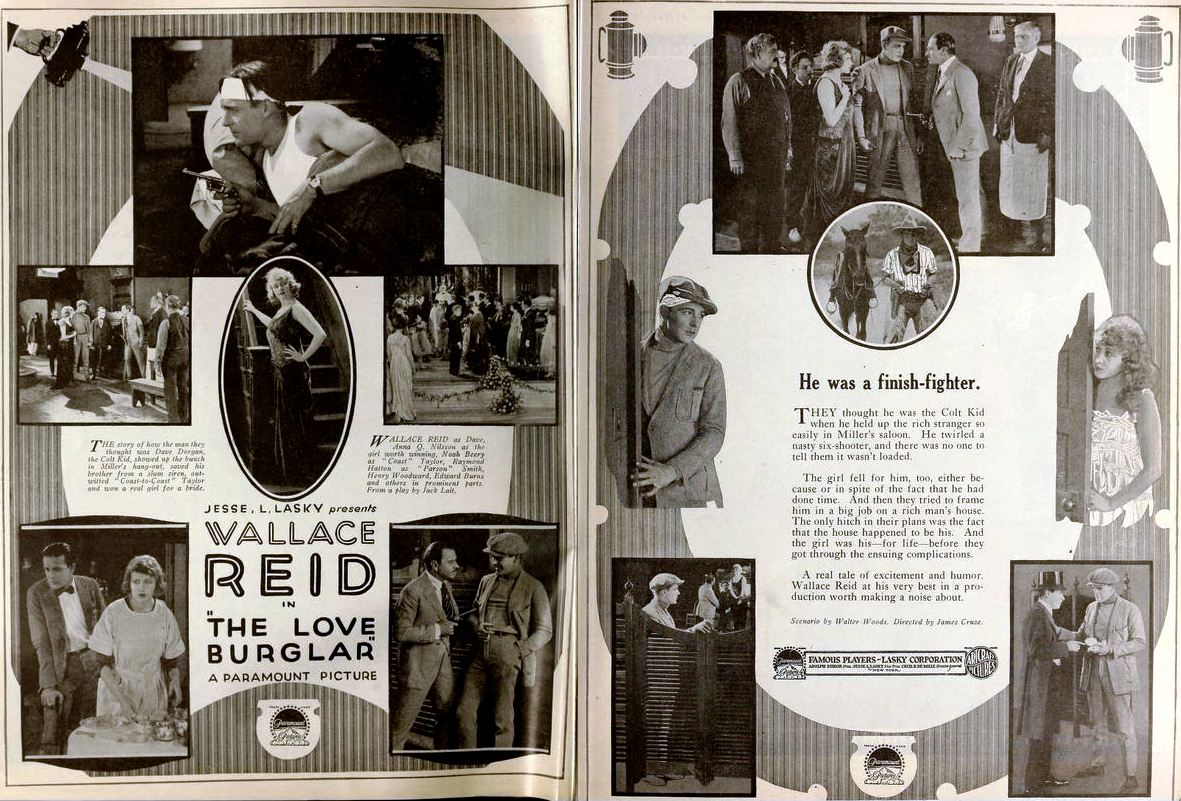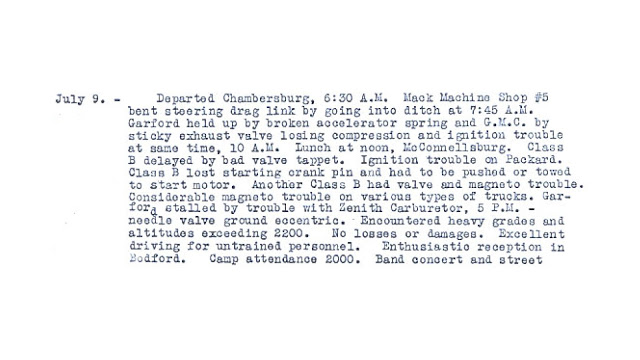What now?
My M1911 Campaign Hat, which serves as my fishing and hunting hat, hanging by the stampeded string on the chair where I type out a lot of this stuff. Probably a lot of M1911s were seeing similar storage about this time in 1919.
You might have joined a pre war National Guard unit in your hometown, if it had one, or you might have enlisted when the call came, which was quite common. If you lived in a small town like Casper, and Casper was very small in 1916, you would likely have done the latter, as Casper didn't have a Guard unit until 1917.
And that call for Guardsmen came on June 19, 1916 for Guardsmen.
So you became a Wyoming National Guardsmen in the infantry branch. All Wyoming Guardsmen were infantrymen.
From there, it was some training locally, briefly, before you went with your unit to Ft. D. A. Russell in Cheyenne, where you received more training and you were equipped, if you weren't already. Or, actually, you expected to be sent there, but the Army, quixotically, refused to allow the Guard to train there and you therefore ended up at a camp at Frontier Park in Cheyenne.*
You learned how to fire a bolt action rifle, perhaps for the first time in your life even if you were familiar with firearms (and if you were from Wyoming, you were), as this was the age of the lever action, before bolt actions became a popular sporting arm.** If you were an officer, or an NCO, you might have learned the ins and outs of the brand new M1911 pistol, just introduced into service, and quite a bit different from revolvers that may have otherwise been familiar with.*** And then there were automatic weapons, which you certainly weren't familiar with.
And you marched and drilled and marched and drilled.

Just after that you entrained at the railroad station in Cheyenne and shipped out to New Mexico, following a celebrated departure from the residents of Cheyenne.
And there you remained for the next several months, a bulwark with other Guardsmen against Mexican incursions that didn't come. the Regular Army, of course, was now far down into Mexico, and truth be known very soon the Wilson Administration would be struggling for a way to disengage from that mission and pull them out. In the mean time, you patrolled the border, which was not a safe job, and you trained.
National Guard infantry (9th Infantry, Massachusetts National Guard) on the border in 1916.
You got back in the state on March 4, 1917.
You were mustered out of service on March 9, but the way things worked at the time, you wouldn't have made it home right away. You had to process out, and wait for arrangements for train travel to whatever station was last on your route. If you were lucky, that train ran right to your hometown. But for quite a few, that station was quite distant, and that meant that hopefully somebody was waiting for you with a wagon, or at least a horse, at that station.
So it was back into service.
Once again you mustered and went to Cheyenne, this time fleshed out with new troops who were signing up to be part of the country's effort in the Great War. The belief was that for the most part it would be the Navy, not the Army, that did the heavy lifting, and in fact a few of your colleagues who had served on the Mexican border, preferring not to miss the action again, joined the Navy. War was declared in April. In May the state was still raising troops.
It was not to be.
In early September the news came that your unit was being busted up. Some of you were going into machine-gun companies, some into transport companies, and some into the field artillery. No infantry, although a machine-gun company would be pretty darned close. The machine-gun companies didn't' seem to come about, but the transport and artillery units did. We'll say for our story here that you were one of the men who became an artilleryman. If so, you made it to France later than your transport colleagues, and it'd take you additional months after the Armistice to make it back home as well. Those Guardsmen you knew who went into transport were home months ago now.
Howitzer of the type used by the 148th Field Artillery, of which many Wyoming National Guardsmen became a part.
You would have made it to France on February 10, 1918, and you went to the front on July 9. Soon thereafter you were firing missions in support of the American effort at Château-Thierry.
Your unit, unlike the 115th Ammunition Train that your fellow Wyoming Guardsmen were in, was kept on in the Army of Occupation after the Armistice. This gave you a little time to see some parts of France and some of Germany while they were not at war, if not in good shape.
Finally, in June your unit was ordered home. You boarded the ship in France. At Camp Mills, New York the unit was released from the Army rolls. You were still in, however, and went to Ft. D. A. Russell out of Cheyenne with those Guardsmen from the West, men from Wyoming, Idaho and Colorado.
There you were discharged from the Army on June 26. You stayed at Ft. Russell for a couple of days, however, while your paperwork was processed.
And then you boarded a train in Cheyenne that, in a bit of a roundabout route, and a series of transfers, took you all the way home to Casper a couple of days later. Your service was celebrated everywhere you stopped. By the 29th, you were back home in Casper.
Not the Casper you left, however. That Casper was gone. The war had changed it forever. It was much larger now. And it was a refinery town in a major way, with a giant refinery on the west edge of town that operated night and day, as all refineries do, in an unyielding fashion. It dominated the town.
So now you were home, but that home was much different than the one you left. And just after you came home a couple of notable events happened.
The first was that state prohibition arrived. That may not seem significant, but with you just arriving home on the 29th, and state prohibition going into effect on July 1, you or your friends probably planned for a night downtown at the bars, and there were a lot of them, on the 30th. One last night where the beer flowed freely. It had flowed very freely in Casper before you left, and certainly wine had made an appearance in France. So a night on the town.
That probably meant that you slept in on July 1. Not a day to go looking for work. July 2 might be, but it's only two days away from the big July 4 celebration, and this year that celebration was to kick in on July 3. So you probably held off on July 3, 4, and 5. The 6th was a Sunday and you probably went to church with your family.
And then, on Monday July 7, it was out to find a job.
But where and doing what?
The options in the town were plenty in 1919, but they were all dominated by oil production now. That no doubt would have figured in your reasoning to some extent.
_________________________________________________________________________________
*There's no rational basis for the Army's decision, but in this period there was a fair amount of tension between the Regular Army and the National Guard. Indeed, that tension would last as long as the Vietnam War.
**Which isn't to say that bolt actions weren't around and in use. For American civilians the bolt action that was by far the most common was the Krag Jorgensen, surplus from the U.S. Army where it had been briefly the standard rifle prior to the M1903. Surplus bolt action Navy Lees were also around but much less common. Sporting bolt actions, mostly of European manufacture, were available but rare.
***Semi automatic pistols were also a recent innovation for most civilians, with revolvers being far more common.































